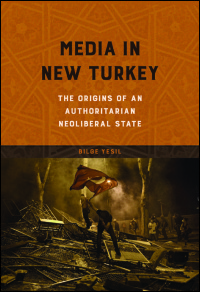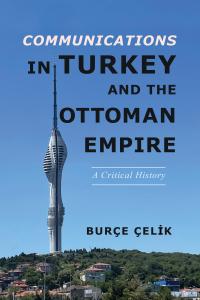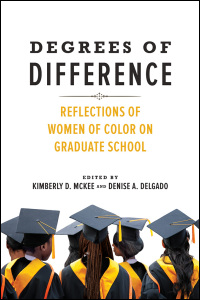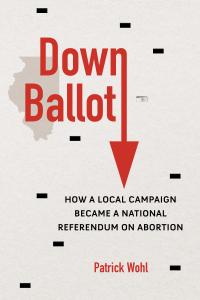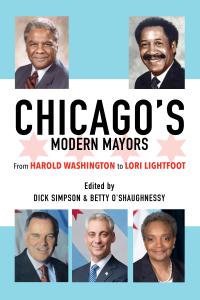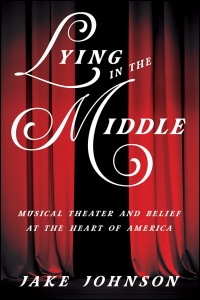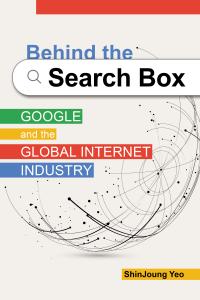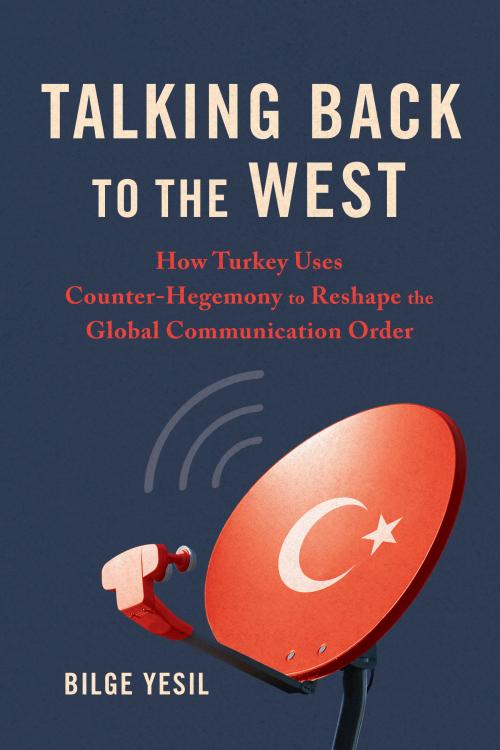
Talking Back to the West
Cloth: 06/11/2024
About the Book
In the 2010s, Turkey’s ruling Justice and Development Party (AKP) began to mobilize an international media system to project Turkey as a rising player and counter foreign criticism of its authoritarian practices. Bilge Yesil examines the AKP’s English-language communication apparatus, focusing on its objectives and outcomes, the idea-generating framework that undergirds it, and the implications of its activities. She also analyzes the decolonial and pan-Islamist messages AKP-sponsored outlets deploy to position Turkey as a burgeoning great power opposed to imperialism and claiming to be the voice of oppressed Muslims around the world. As the AKP wields this rhetoric to further its geopolitical and economic goals, media outlets pursue their own objectives by obfuscating facts with identity politics, demonizing the West to aggrandize the East and rallying Muslims under Turkey’s purportedly benevolent leadership.Insightfully exploring the crossroads of communications and authoritarianism, Talking Back to the West illuminates how the Erdogan government and its media allies use history, religion, and identity to pursue complementary agendas and tighten the AKP’s grip on power.
Reviews
Blurbs
“Yesil masterfully shows how Erdogan and the AKP have positioned themselves as a voice of aggrieved Muslims and counterbalance to the harm that Western capitalism, globalization, and interventions have caused. With impressive historical and media analysis and even some ethnography and interviews, she then deconstructs their global media output to reveal how their reductionist and polarizing binary East/West and Us/Them messaging not only undermines Turkey’s own complex in-betweenness but also further empowers hardliners.”--Wazhmah Osman, author of Television and the Afghan Culture Wars: Brought to You by Foreigners, Warlords, and Activists
